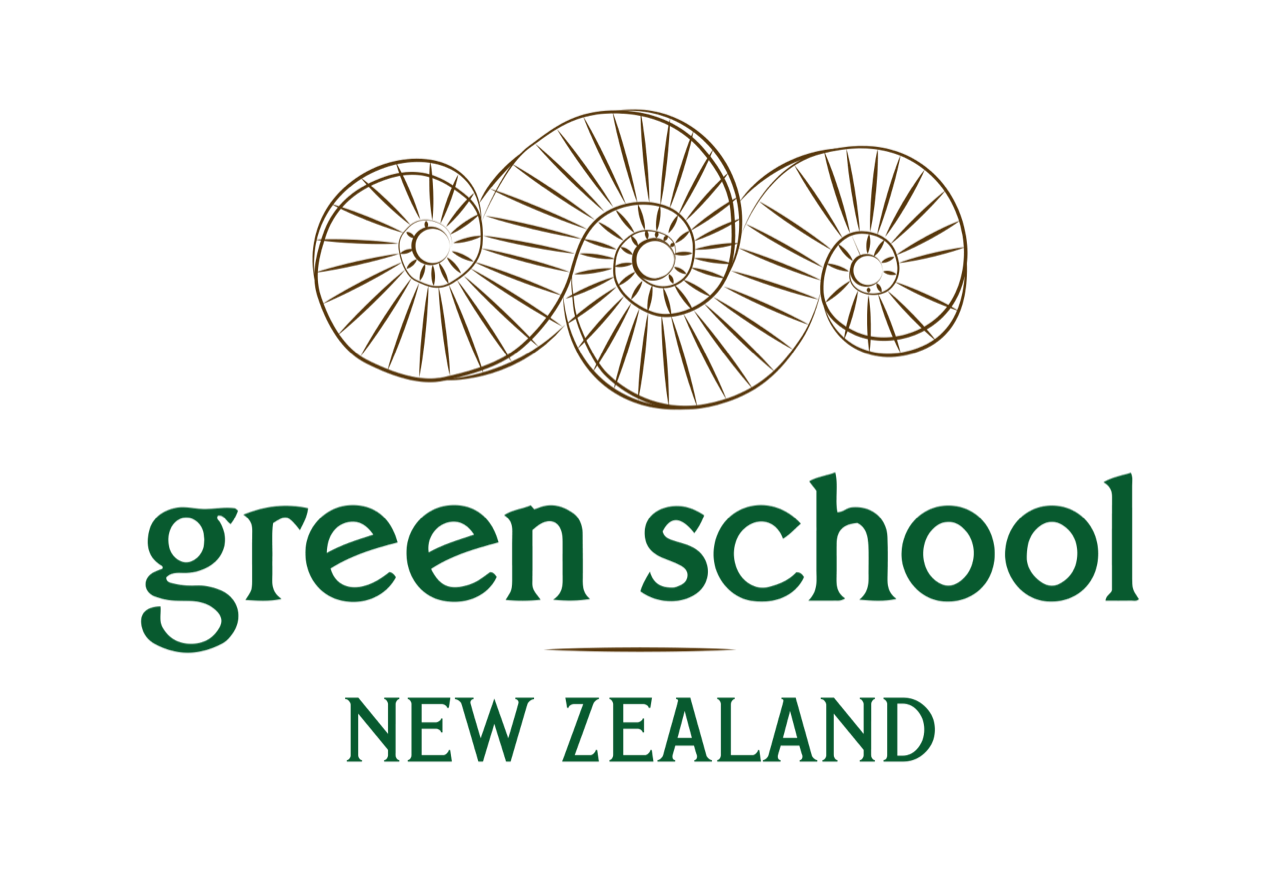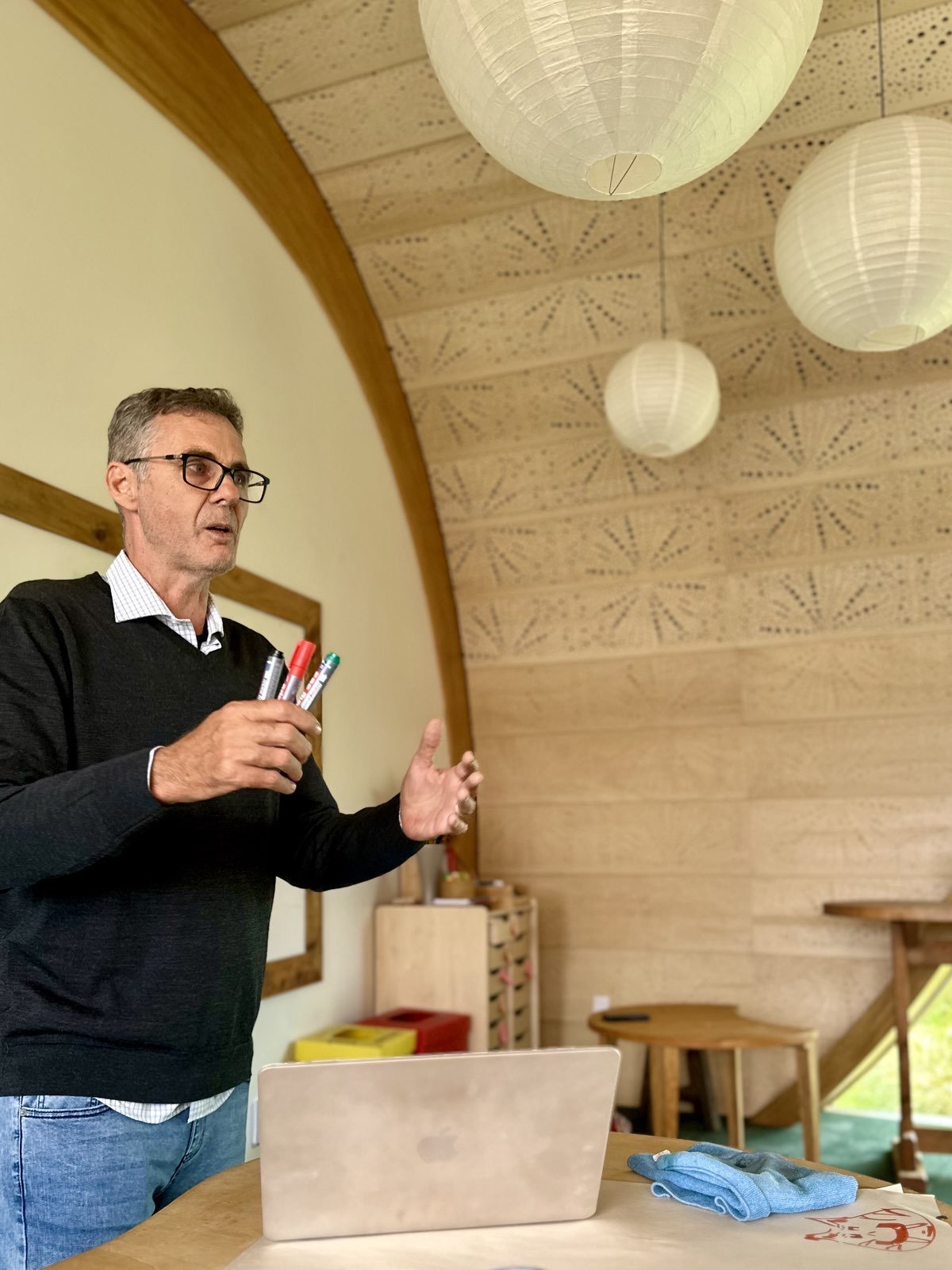The Future of Education: Evolving with Humanity’s Concept of Intelligence
Throughout human history, our understanding of intelligence has evolved alongside our societies, technologies, and environments. From the earliest days of human existence to today’s digital age, the qualities we value - and what it means to be intelligent - have shifted dramatically. Recognising this ongoing transformation offers a powerful lesson: our education system must do the same. SAL GORDAN HEAD OF HIGH SCHOOL NZ*
*Learn more below about Green School New Zealand, or it’s journey here. Hear from Sal here on Toddle Podcast or here on The Learning Future Podcast or a chat with India at Future School Leaders and at Educators Changemakers Academy Educators.
In ancient hunter-gatherer societies, intelligence was often measured by survival skills - how well one understood the land, animal behaviors, or crafted tools. The most intelligent individual was the elder who possessed the deepest knowledge about the environment and could pass it on through stories and symbols. Then, with the rise of agriculture and complex civilizations, the emphasis moved toward memory, record-keeping, and language - traits that allowed societies to develop laws, trade, science and religion. Education at this time centered on rote memorization, oral tradition, and passing down ancestral knowledge.
Fast forward to the Industrial Revolution, and the focus shifted once again. Schools prioritized literacy, numeracy, and technical skills that supported factory work and technological progress. Here, intelligence was associated with solving problems efficiently, operational skills, and logical reasoning - traits that supported productivity and innovation.
Before the internet revolutionized access to information, education primarily involved memorisation, textbooks, and direct instruction. Teachers were the primary sources of knowledge, and students learned through structured lessons, rote learning, and physical resources. The “intelligent” learner was the one who could recall facts quickly and demonstrate mastery of core content.
With the advent of the internet, knowledge became vastly more accessible. Education shifted toward digital resources, online research, and collaborative learning communities. The emphasis moved toward developing digital literacy, information navigation, and self-directed discovery - skills that enable learners to adapt and learn independently.
Now, we are entering a new era defined by artificial intelligence, where machines can assist in personalized learning, problem-solving, and creative tasks. AI-powered tools can adapt to each student’s needs, providing tailored feedback and support at scale. In this context, intelligence isn’t just about possessing and recalling knowledge - it encompasses the ability to assimilate and utilize information effectively, to think critically, and to make responsible decisions. True intelligence includes awareness of how our actions impact others and the environment. It involves empathy, ethical judgment, and understanding the wider consequences of our choices.
As AI continues to advance, our education systems must evolve once again. They need to focus on teaching students how to collaborate with emerging technologies, question and evaluate their use, and develop the human qualities - creativity, ethics, compassion - that machines cannot replicate. The constant here is CHANGE but our fundamental goal remains the same: to prepare learners who can navigate future challenges with resilience, moral clarity, and adaptability.
In today’s hyperconnected and rapidly changing world, the definition of intelligence is broader and more dynamic than ever. The most valuable skills are resilience, adaptability, creativity, and emotional intelligence - traits that enable individuals to innovate and navigate complexity. Intelligence is no longer measured solely by what we know, but by how quickly we learn, how critically we think, and how effectively we collaborate across disciplines to solve new problems. Success now depends on humility and curiosity so as to continually adapt and grow.
This ongoing evolution underscores an essential truth: our education system must also continually adapt. It can no longer focus solely on memorisation or narrow disciplines. Instead, schools should cultivate environments where interdisciplinary thinking, problem-solving, empathy, and core values are central. Students should explore real-world issues - climate change, social justice, digital ethics - and be encouraged to act, innovate, and adapt.
Fortunately, many modern pedagogies - like project-based learning, integrated themes, and entrepreneurial initiatives - are already leading the way. These approaches develop the mindsets and skills most relevant today and in tomorrow’s world. If we accept that intelligence has always been about adaptability and continuous learning, then our mission is clear: equip future generations to thrive amid whatever challenges or opportunities lie ahead.
The story of human intelligence is ongoing. The key to future success - for individuals and society alike - is a flexible, values-driven education that evolves with us. The greatest investment we can make is in fostering learners who are curious, resilient, and ready to shape the future. Because ultimately, true intelligence isn’t just what we know - it’s how we learn and adapt in an ever-changing world.





